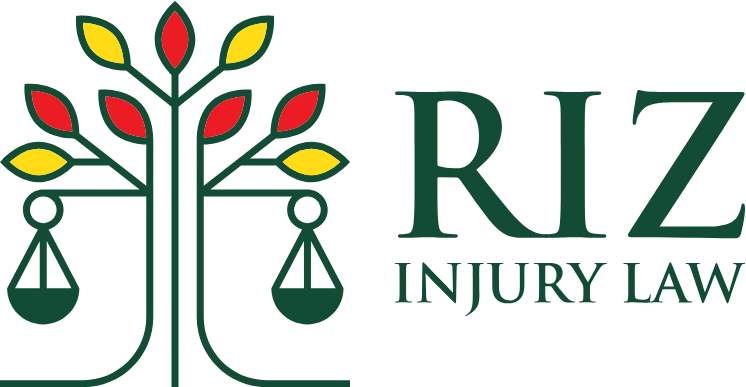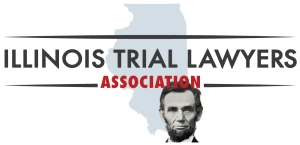Seeking Justice: Understanding Rideshare Injury Claims
The convenience of ridesharing services like Uber and Lyft has transformed the way we travel. However, accidents can and do happen, leaving passengers and drivers with the question of what to do next.
What is a Rideshare Injury Claim?
When an Uber or Lyft ride results in an accident, passengers may face a complex legal battle to receive compensation for injuries sustained. A rideshare injury claim is a lawsuit filed against the parties at fault — be it the rideshare driver, the company, or another driver involved in the accident.
The Intricacies of Uber and Lyft Lawsuits
Rideshare accidents are complicated by factors like the driver’s status on the app at the time of the accident. Insurance coverage varies depending on whether the driver was waiting for a ride request, actively transporting a passenger, or offline.
Liability Scenarios
Transporting Passengers: Both Uber and Lyft provide $1 million in insurance coverage, which may cover the passenger’s injuries if the rideshare driver is at fault.
Waiting for Passengers: Both companies offer contingency insurance, but coverage is limited and may require the driver’s personal insurance to be exhausted first.
Not Taking Passengers: If the driver is not logged into the app, they must rely on their personal car insurance for coverage.
The Impact of Rideshare Injuries
Injuries from rideshare accidents can have long-term effects on all involved, including financial strain and emotional trauma. Rideshare companies categorize drivers as independent contractors, complicating claims for benefits like workers’ compensation.
The Adverse Effects of Ridesharing Accidents
Victims of ridesharing accidents can suffer a range of injuries, from whiplash and broken bones to traumatic brain injuries and psychological trauma. In some cases, passengers and drivers have faced sexual assault during rideshare trips, leading to separate legal challenges.
Steps to Take Following a Rideshare Injury
If you find yourself in a rideshare accident, it’s crucial to:
- Seek Medical Attention: Prioritize health and safety above all else.
- Gather Information: Document the accident scene, take photographs, and exchange insurance information.
- File a Report: A police report is essential for the claims process.
- Consult an Attorney: Speak with a lawyer experienced in rideshare claims to understand your rights and options.
- Make a Claim: File a claim with the appropriate insurance, whether it’s personal, the drivers, or the rideshare companies.
- Settle or Go to Court: Decide whether to accept a settlement or pursue higher compensation in court, ideally with legal counsel.
Deciding Liability
Liability often falls on the rideshare driver, but Uber and Lyft’s policies may cover damages when the driver’s personal insurance is insufficient. Responsibility is contingent on the driver’s status at the time of the accident, with the rideshare company assuming liability if the driver was active in the app and engaged in a ride.
Your Legal Route with Riz Injury Law Firm
If you’ve been injured in a rideshare accident, navigating the legal aftermath can be overwhelming. The Riz Injury Law Firm is equipped to help you understand the nuances of your claim. Our expertise in rideshare laws means we can guide you through the process, from filing the initial claim to settling or going to court.
Contact us to discuss your case and ensure your rights are protected. Our commitment is to help you secure the compensation you need to recover from your ordeal and move forward with confidence.






